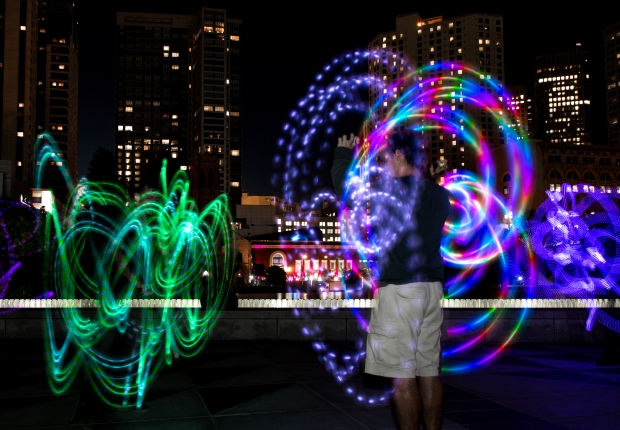Our EU-funded ‘Digital DIY’ project is divided into a number of different ‘work packages’, led by different partners. Some of them started back in January 2015 and run throughout the project, but others are more concentrated.
One of those is ‘work package 5’ – led by me and our newly-recruited Research Fellow, Isabelle Risner, at the University of Westminster – and it is called ‘Exploring the impact of DiDIY on creative society’. This work begins on 1 March 2016 and runs for 11 months.
At the end of that time we will have explored case studies, run several workshops, and produced a set of videos as well as reports.
What do we mean by ‘creative society’?
Basically it covers the broader impact of Digital DIY practices and technologies on everyday life and culture. There are already other work packages working hard to understand the impact of Digital DIY on more formal social institutions such as education, research, work, organisations, and law. So our emphasis is necessarily on changes in everyday life, common culture, and communities.
The principal objectives of WP5 are:
→ To establish whether DiDIY fosters a spirit of self-motivated creativity and entrepreneurialism that could lead to significant social change.
→ To explore how ABC technologies such as 3D printing offer a significant alternative to previous ways of making things, and the difference they make to social attitudes to material production and consumption.
→ To study how DiDIY may help societies to overcome pressing social, environmental and economic issues.
→ To explore the relationships between digital cultures, offline making, and digital making.
→ To study whether the DiDIY ethos inspires people to bring about changes in their local culture.
So it’s about how DiDIY is changing the world on an everyday and community level, including attitudes to consumption, sustainable solutions, and community networks, and the emergence of the ‘spirit of the maker’ and its integration with both online and offline practices.
We have to do a lot in 11 months and will warmly welcome any help that anyone can offer to us!
Photo by Flickr user GPS (see original), used under a Creative Commons BY 2.0 licence.








Leave a Reply